In the quiet moments of the morning, as the first light breaks over the horizon and the world begins to stir, many of us reach for that familiar comfort—coffee. This simple act, repeated by millions every day, connects us to a vast and intricate web of farmers, ecosystems, and communities. But as we savor that first sip, it's worth pausing to consider the environmental impact of coffee production and the importance of ethical sourcing.
The Journey from Bean to Cup
The journey of a coffee bean begins in the lush, green coffee belt, a region that stretches around the globe along the equator. Here, in countries like Brazil, Ethiopia, Vietnam, and Colombia, coffee plants thrive in the rich, fertile soil. But this paradise comes at a cost.
Traditional coffee farming can have a significant environmental footprint. Large-scale plantations often lead to deforestation, stripping the land of its natural vegetation to make way for coffee crops. This deforestation disrupts local ecosystems, leading to soil erosion and loss of biodiversity. The delicate balance of nature is disturbed, and the consequences ripple through the environment.
The Hidden Cost of Coffee
Beyond deforestation, coffee farming practices can involve heavy use of pesticides and fertilizers. These chemicals, while boosting crop yields, can leach into the soil and waterways, contaminating drinking water and harming aquatic life. The impact is far-reaching, affecting not just the immediate environment but also the health and livelihoods of local communities.
Water usage is another critical concern. Coffee production is a thirsty process, with vast amounts of water needed for irrigation and processing. In regions where water is already scarce, this demand can lead to depletion of local water sources, exacerbating drought conditions and creating competition for this precious resource.
The Rise of Ethical Sourcing
But amidst these challenges, there is hope. The coffee industry is waking up to the need for more sustainable and ethical practices. Ethical sourcing is no longer just a buzzword; it's a movement gaining momentum, driven by consumers' growing awareness and demand for responsible products.
Ethical sourcing begins with a commitment to fair trade practices. Fair trade certification ensures that farmers receive a fair price for their coffee, one that reflects the true cost of production and allows them to invest in their communities and the environment. This financial stability empowers farmers to adopt more sustainable farming methods, reducing reliance on harmful chemicals and promoting biodiversity.
Shade-Grown Coffee: A Natural Solution
One promising approach to sustainable coffee farming is the cultivation of shade-grown coffee. This method involves growing coffee plants under the canopy of native trees, mimicking the natural forest environment. Shade-grown coffee not only supports higher biodiversity but also helps to conserve water and reduce soil erosion. The trees provide a habitat for wildlife, and their roots stabilize the soil, preventing landslides and preserving the ecosystem.
Organic Coffee: Cleaner, Healthier, Better
Organic coffee production is another vital component of ethical sourcing. By avoiding synthetic pesticides and fertilizers, organic farming protects the health of farmers, consumers, and the environment. Organic practices promote soil health through natural composting and crop rotation, leading to richer, more fertile land over time.
Certification and Beyond
Various certification programs, such as Rainforest Alliance, Fair Trade, and UTZ, play a crucial role in promoting ethical sourcing. These certifications provide assurance that the coffee has been produced following rigorous environmental and social standards. However, true sustainability goes beyond certification. It involves a commitment to continuous improvement, transparency, and collaboration among all stakeholders in the coffee supply chain.
The Role of the Consumer
As consumers, we have the power to drive change. By choosing ethically sourced coffee, we support farmers who prioritize sustainability and fair labor practices. Each purchase becomes a vote for a more sustainable future, encouraging the industry to adopt better practices and reduce its environmental impact.
Conclusion
The next time you cradle that warm cup of coffee in your hands, take a moment to reflect on the journey it has taken and the choice YOU are making. From the vibrant coffee farms in distant lands to your favorite mug, each bean carries with it a story of the land, the people, and the choices we make. By supporting ethical sourcing, we can ensure that this story is one of hope, sustainability, and respect for our planet and its inhabitants.






